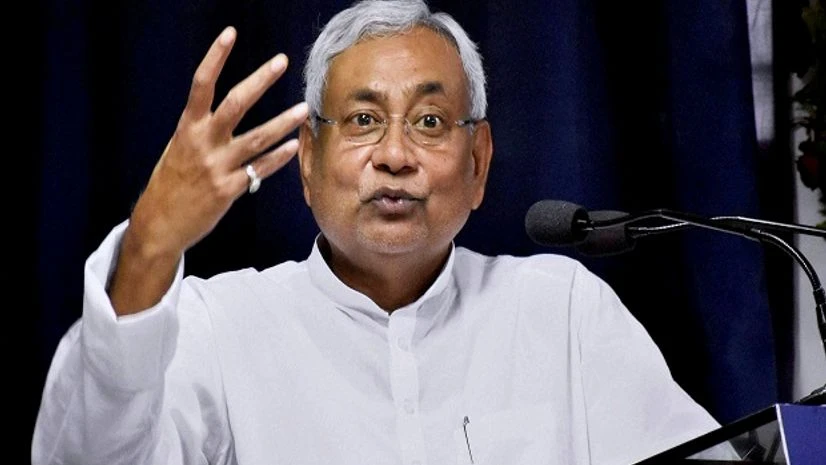Echoing Bihar Chief Minister Nitish Kumar's concern for receding water flow in the Ganga and increasing silt deposit due to Farakka barrage causing floods in Bihar every year, experts today advocated "urgent review" and comprehensive study of the barrage to make the river rejuvenated.
Magsaysay award winner Rajendra Singh, also known as Waterman, advocated removal of Farakka barrage and said that "On the basis of what we have discussed so far, we can easily say that Farakka is inauspicious (Ashubh) for Bihar. It is a curse (Abhishap) which needs to be removed. Because unless and untill we remove it, we cannot move forward."
Singh was addressing an international seminar, organised by Bihar's Water Resources Department, on "Incessant Ganga" on the second day.
More From This Section
Speaking on the occasion, environment expert Himanshu Thakkar advocated urgent need for review of Farakka barrage which, he claimed, had failed to fulfill any of the purpose - irrigation, hydro electric power, water supply - of the barrage for which it was built.
Farakka barrage was built to maintain the navigability of Kolkata port, he added.
Thakkar, who is a coordinator of South Asia Network on Dams, River and People, New Delhi, said "There is a need for urgent review of Farakka barrage which is 42 years old. In the US, review of barrage is conducted in every 20 years, but in our country this practice is not followed.
Thakkar said "review of Farakka barrage is a must if
Ganga has to be rejuvenated because Ganga cannot flow uninterruptedly untill Farakka is there on.....There will be floods in Bihar, but Farakka has greater role in making floods dreadful in the state."
Thakkar, who suggested that the gates of Farakka be opened during monsoon to mitigate the intensity of floods in Bihar, said there was an urgent need for a comprehensive study of the Farakka barrage to find out its achievements or whether the barrage fulfilled its objectives.
The committee or panel constituted for study must include the Centre, Bihar, West Bengal and all states having Ganga, he said adding that a study should be made on the social and livelihood impact of the barrage, how it affected people's lives, whether its existence was justified and cost-benefit assessment among other issues.
Punjab's environmentalist Sant Balbir Singh Seechewal, who transformed the polluted Kali Bein rivulet in Punjab, said "pollution of river Ganga can also be dealt with if we stop releasing untreated water and putting solid waste directly into the Ganga. If we have made it possible in Kali Bein then why can't Ganga in Patna or Kanpur be cleaned."
"We don't need money if we take resolution that we'll not pollute river Ganga...Ganga cannot be cleaned with the construction of concrete river front, even sand shores look neat and clean if we maintain it," Seechewal said.
Bihar CM along with top officials and engineers had visited Punjab on February 19 last to see the Seechewal model personally.
Economist Bharat Junjhunwala read out a six-point draft proposal that was circulated for discussion at the conference.

)
